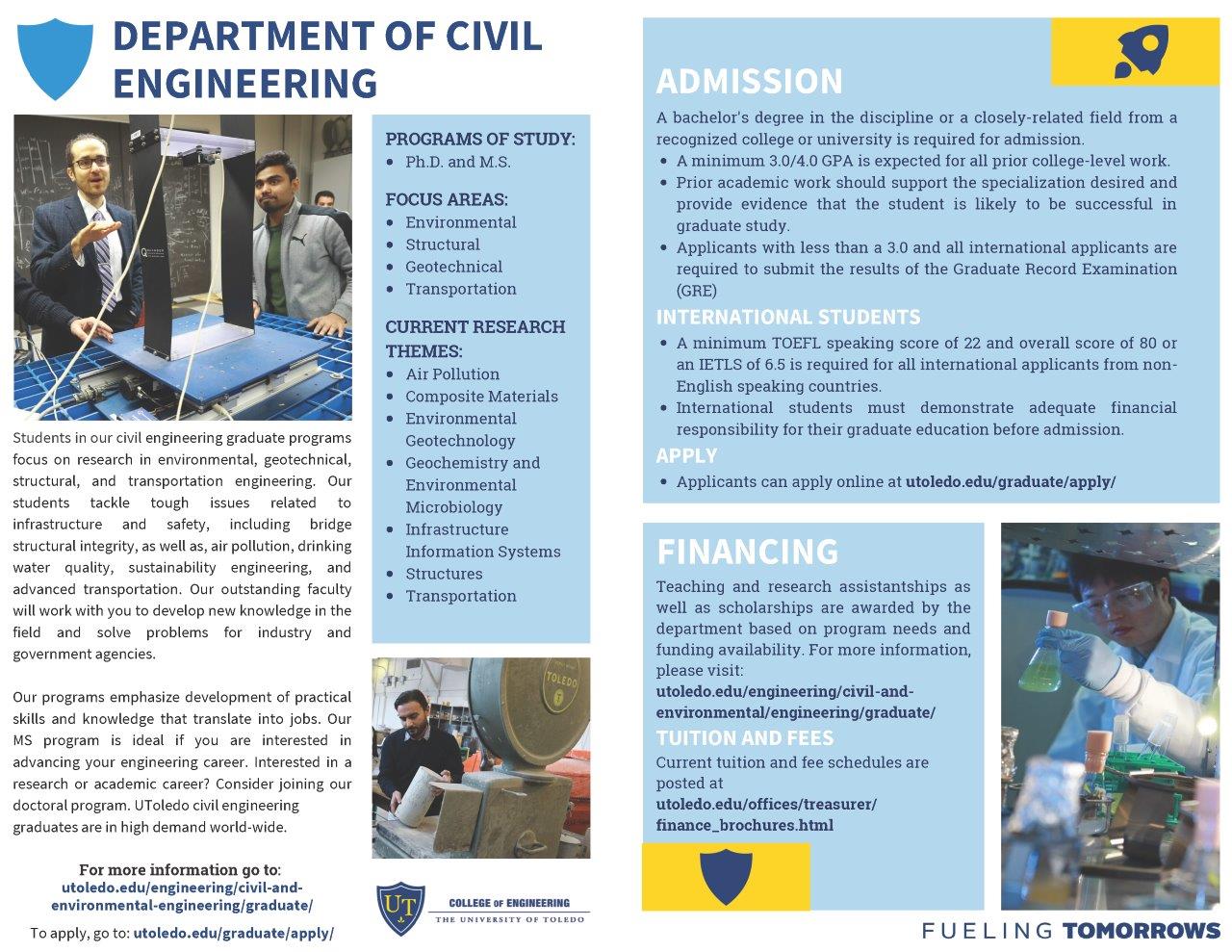RESIST Research Group
Prospective Group Members
New group members are regularly accepted into the RESIST Group to fill Master, Ph.D. and Post-Doctoral positions. Undergraduate research interns can also join the RESIST Group during the summer terms. Students with strong academic credentials (e.g., a high GPA, previous publications, and good writing skills) and a strong desire to conduct research (in addition to the course work) are encouraged to apply. Please review the pages of RESIST Group web site to ensure that group research activities align with your long-term interests. Applications should be made through the central university system. In your statement of purpose, please clearly state why you would like to join the RESIST Research Group and what specific research areas/topics are best suited to you. Your application will automatically enter the competition for obtaining research funding. You are also encouraged to seek external funding from agencies in your home country or abroad. Once you complete the formal application process, it is advisable to send Dr. Guner (Lab Director) a single pdf file including all your application documents and samples of any academic work (e.g., publications, reports, etc.).
Research Topics
The below list may give a broad idea on the topics with which the RESIST research group members are currently involved.
- Creation of fundamental knowledge and physics-based mathematical models to simulate the response of structures subjected to multi-hazards including hurricanes, tsunamis, and earthquakes.
- Development and verification of formulations and algorithms for predictive modeling using machine learning techniques including artificial neural networks.
- Creation of constitutive models for Ultra High Performance (UHP) concrete and advanced composites.
- Implementation of the developed formulations into computer codes to create analysis software and tools.
- Innovative foundation systems to resist tensile loads; mathematically modeling the soil-foundation-structure interaction.
- Bridge engineering including computational modeling and assessment of bridges and bridge components.
- Computational modeling of rehabilitated and strengthened structures using high-performance materials.
- Sustainable design and life-cycle analysis using innovative materials.
GRADUATE COURSES
RESIST Group members chose their courses from the list below. The exact selection is made based on specific research topic on which the group member is assigned and the availability of the course for the specific term.
- CIVE 5300 Advanced Mechanics of Materials
- CIVE 5340 Experimental Mechanics
- CIVE 5450 Bridge Design I
- CIVE 6460 Advanced Composite Materials in Infrastructure
- CIVE 6310 Finite Element Methods
- CIVE 6360 Dynamics of Structures
- CIVE 6480 Pre-stressed Concrete Structures
- CIVE 6490 Nonlinear Modeling of Reinforced Concrete
- CIVE 6670 Lifecycle Engineering
- EECS 5750 Machine Learning
- MIME 5310 Mechanics of Composite Materials
- MIME 6150 Applied Numerical Methods I
- MIME 6200 Advanced Dynamics
- MIME 6320 Advanced Finite Elements
- MATH 5640 Statistical Computing
- MATH 5670 Design of Experiments
- MATH 5740 Advanced Applied Mathematics I
- MATH 5750 Advanced Applied Mathematics II
- MIME 6000 Advanced Engineering Mathematics I
- MIME 6100 Advanced Engineering Mathematics II
- MATH 6180 Linear and Nonlinear Programming
- MIME 6760 Applied Math Programming



